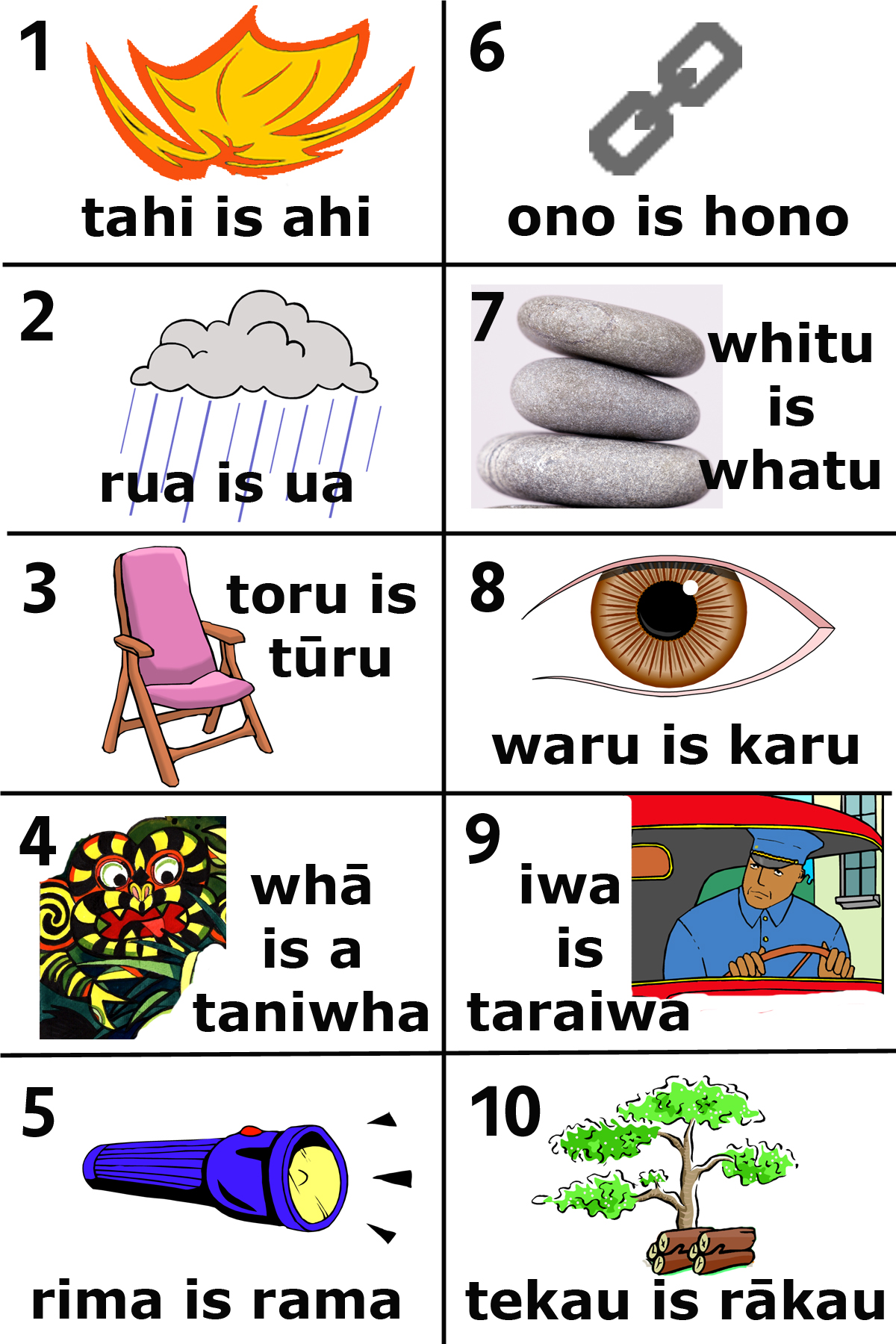As we all know, rhyme and rhythm help make information more memorable. Here's a few ideas that may help you use them more effectively.
Rhythm and rhyme are of course quite separate things, and are processed in different regions of the brain. However, they do share some commonalities in why and how they benefit memory. Rhyme and rhythm impose pattern. For that reason, rhyme and rhythm are particularly valuable when information is not inherently meaningful.
